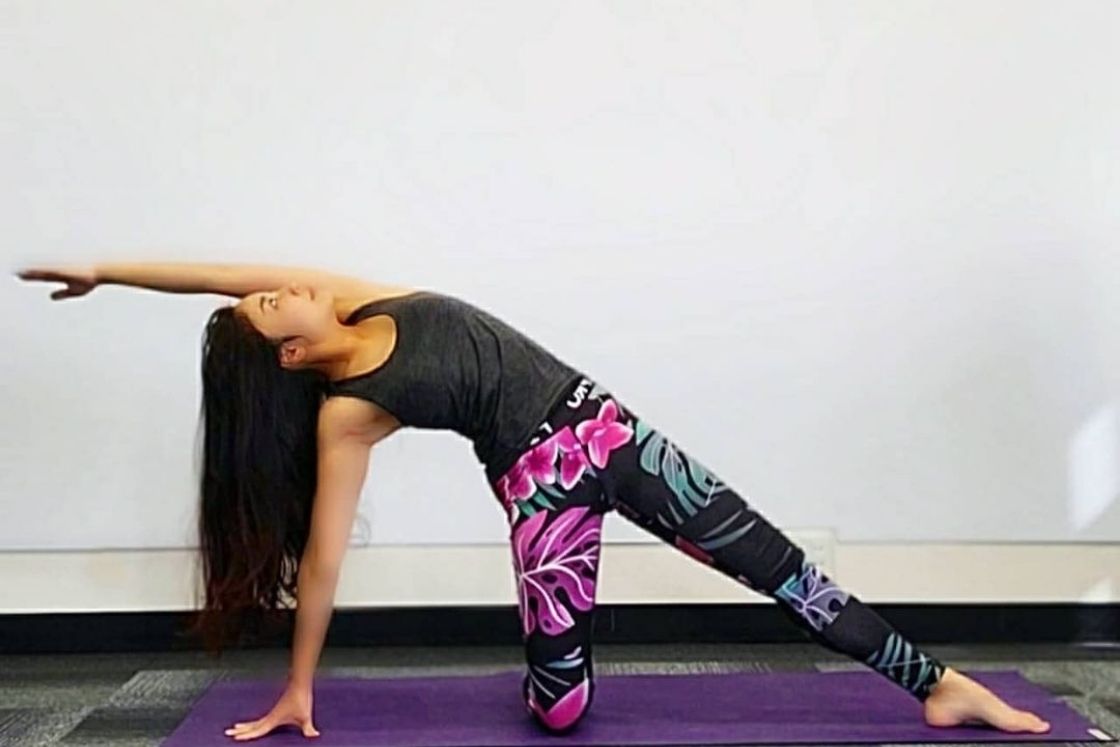Use the 'Heel Lock' Technique to Make Your Running Shoes Fit Better
This is what those extra shoelace holes are for.

This is what those extra shoelace holes are for.

Credit: progressman - Shutterstock
If running gives you blisters on your heels, or if your heels tend to slip around in your shoes when the trail gets rocky, there’s an easy solution. You know that extra weird shoelace hole at the ankles of your running shoes? You can use it to tie a heel lock.
What is a heel lock?
Also called a lace lock, runner's lock, or runner's loop, this is a simple shoe-tying technique that tightens the ankle of your shoes without tightening the whole shoe. The result is that your heels stay secure, but your midfoot and toes don't get squished. A heel lock can benefit:
People with wide feet, since you can keep the main lacing area loose, but still snug up the ankle.
People with narrow heels, since it keeps your heel from popping out of the back of the shoe.
Anyone who gets blisters (although there might be other reasons for the blisters), since it reduces slipping.
People who are constantly going up and down hills, like trail runners and hikers.
Conveniently, your shoes probably have an extra set of holes that are designed specifically for tying a heel lock.
How to tie a heel lock
Look at the top holes on your shoes. (They are most common on running shoes, but you may see them on other types of athletic shoes or hiking shoes as well.) If you see an extra hole that is out of line relative to the others, that's for your lace lock.

Credit: Beth Skwarecki
Here's how you tie the heel lock:
Lace your shoes normally (with the lace going from the inside to outside of each hole) until there is only one hole left.
On one side, put the lace from that side into the last hole on the same side, outside to inside. No crossing over to the other side of the shoe yet. Leave a little slack in the loop this creates. (I didn't leave much slack when I took the photo below, but you'll still get the idea.)
Do the same on the other side. Now you have a little loop of shoelace on each side of the shoe.
Put the end of the right shoelace into the loop on the left side of the shoe, and vice versa.
Snug it up and tie as usual.

Credit: Beth Skwarecki
You might think that this isn't any different than simply lacing your shoes all the way up, but try it and you'll see it's a world of difference. The top laces now pull on the shoe, around your ankle, rather than pulling on the rest of the lacing. If you'd like a video as well, try this one from Harry Runs.
The lace lock also kinda works on shoes that don’t have the extra hole; just use the top regular hole instead. Try it with your hiking boots, your climbing shoes, or any other lace-up pair that could use a snugness enhancement. If you’ve been over-compensating for heel slippage by lacing your shoes way too tight in the toe and midfoot region, or have sized up your too-tight shoes to avoid getting black toenails and are now finding them a bit too big in the heel area, don’t be afraid to loosen things up a bit—the lace lock will still keep your heel in place, and your toes will be much more comfortable.

Credit: Beth Skwarecki

 Tekef
Tekef 































